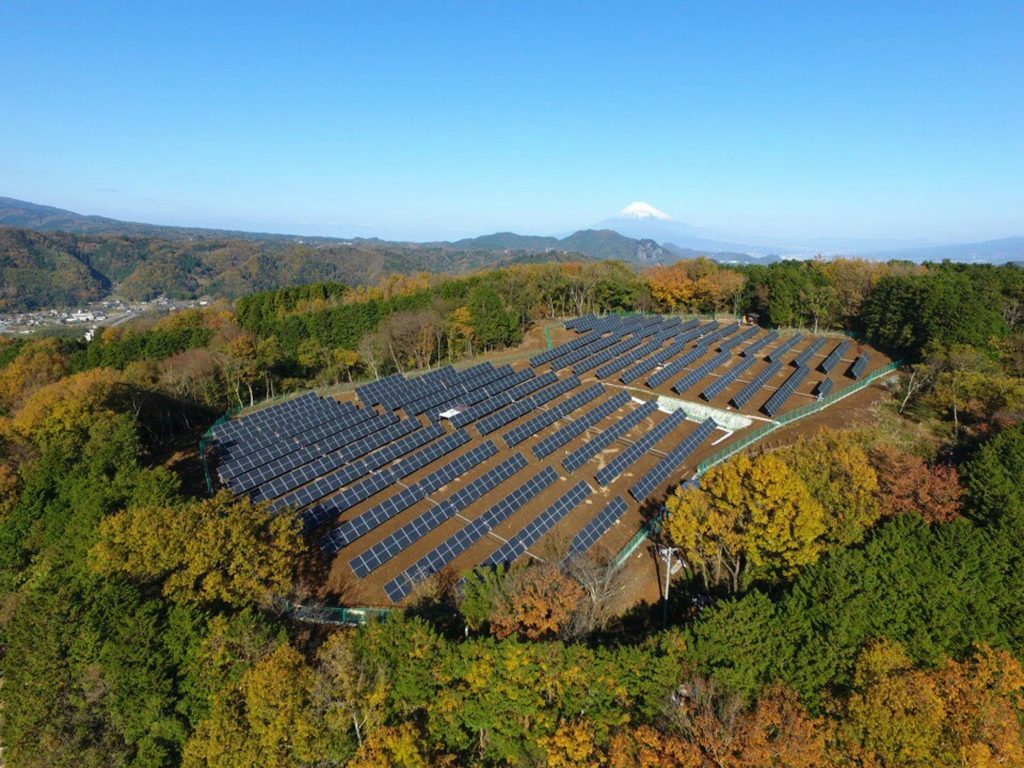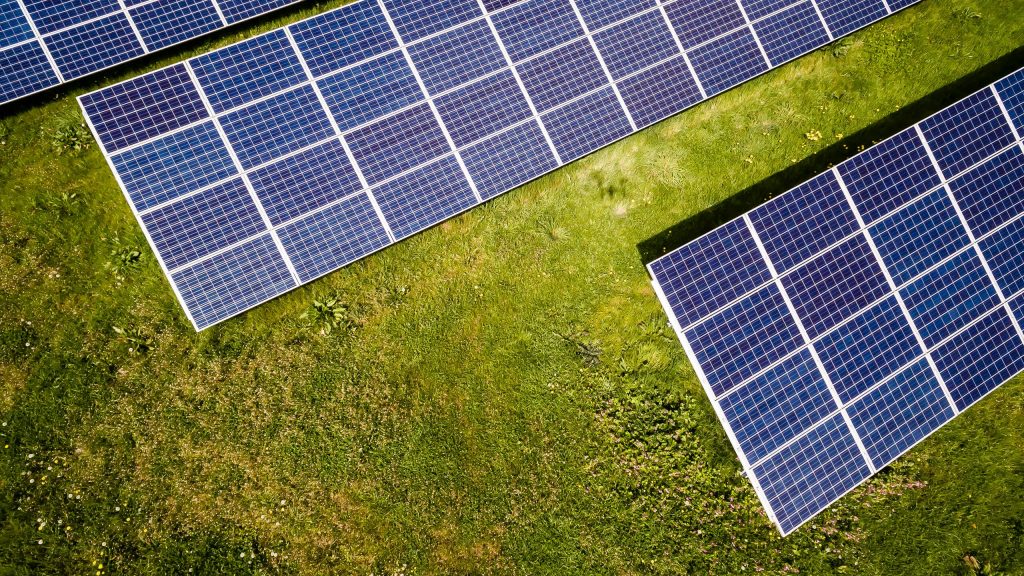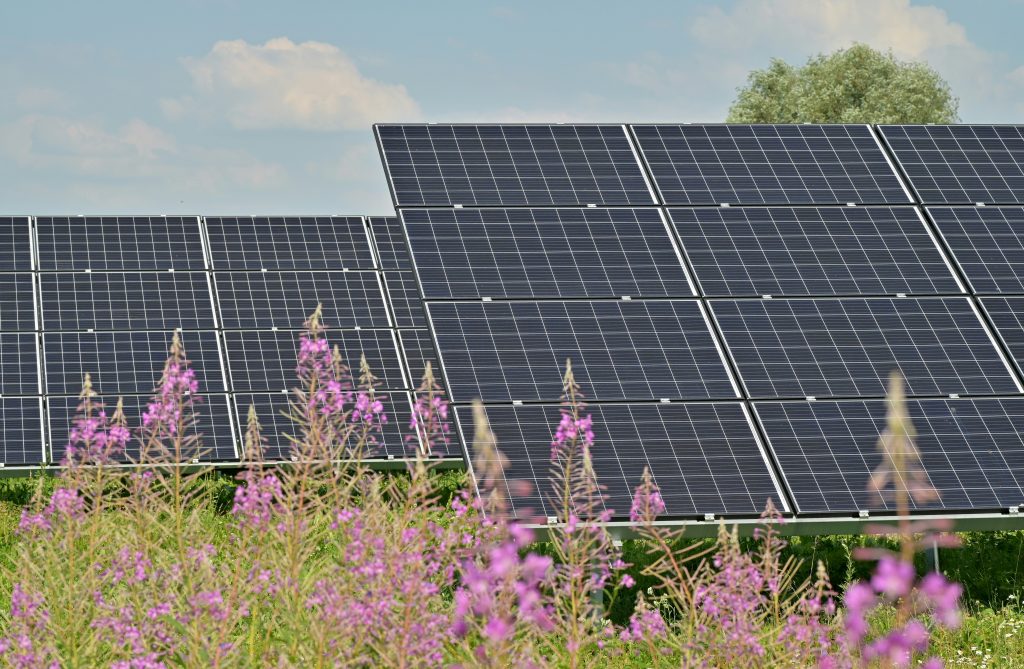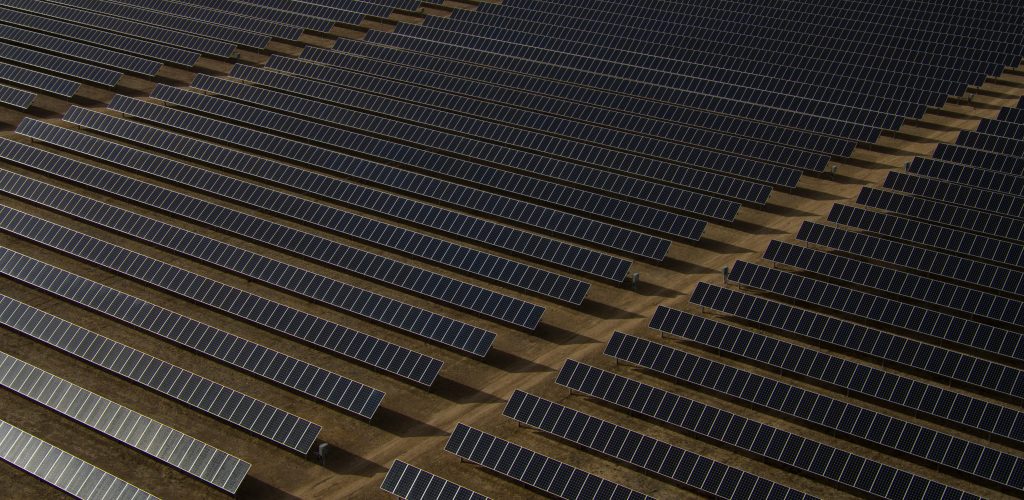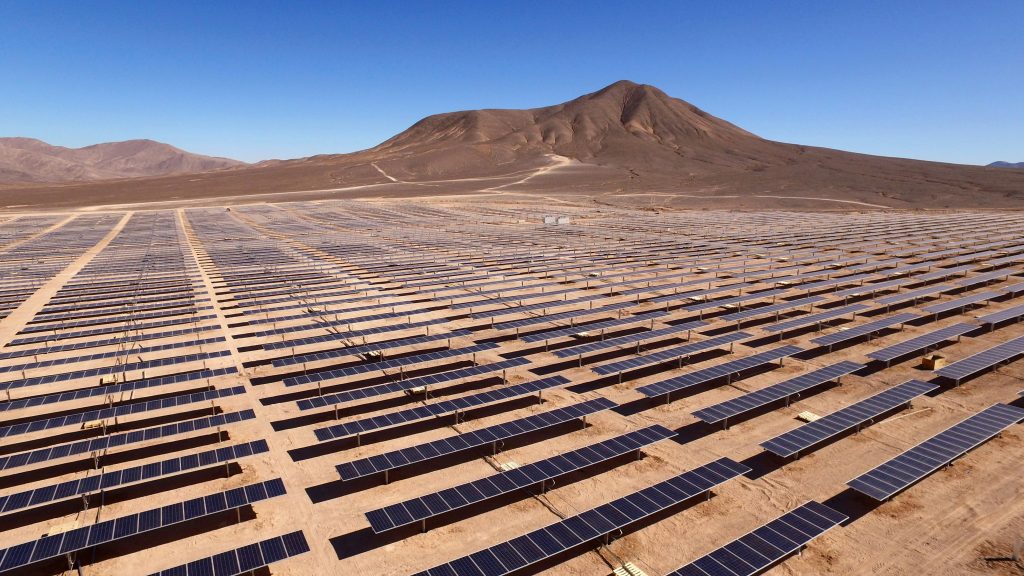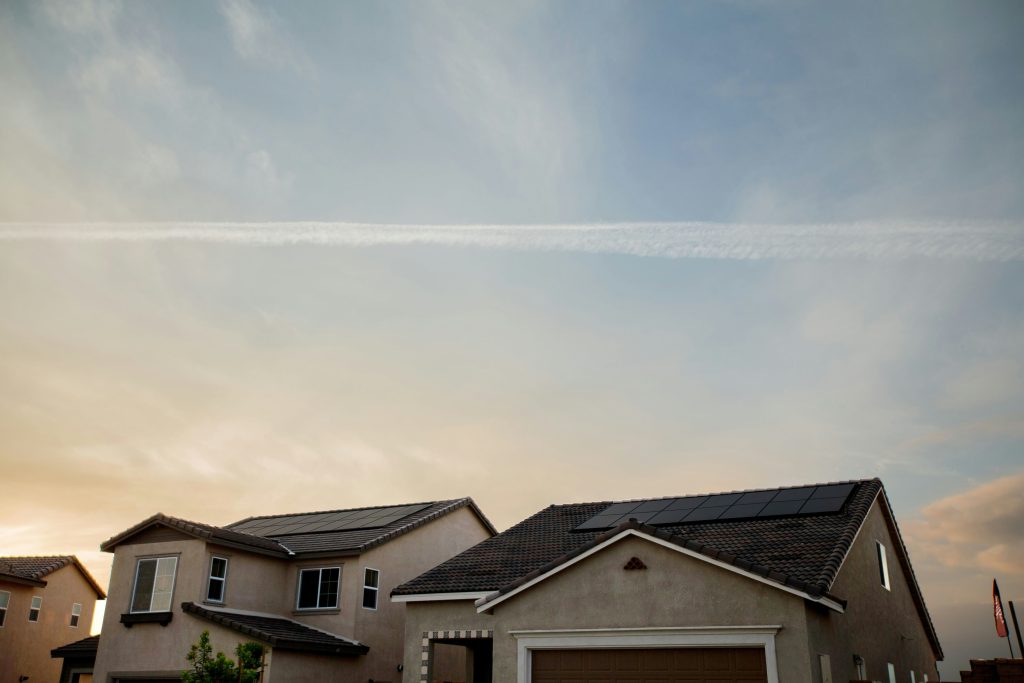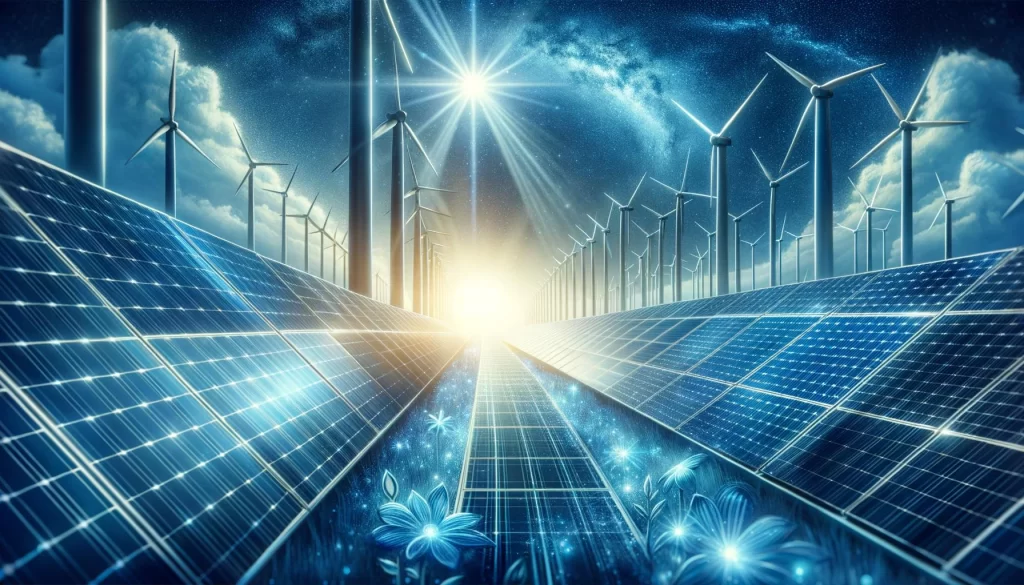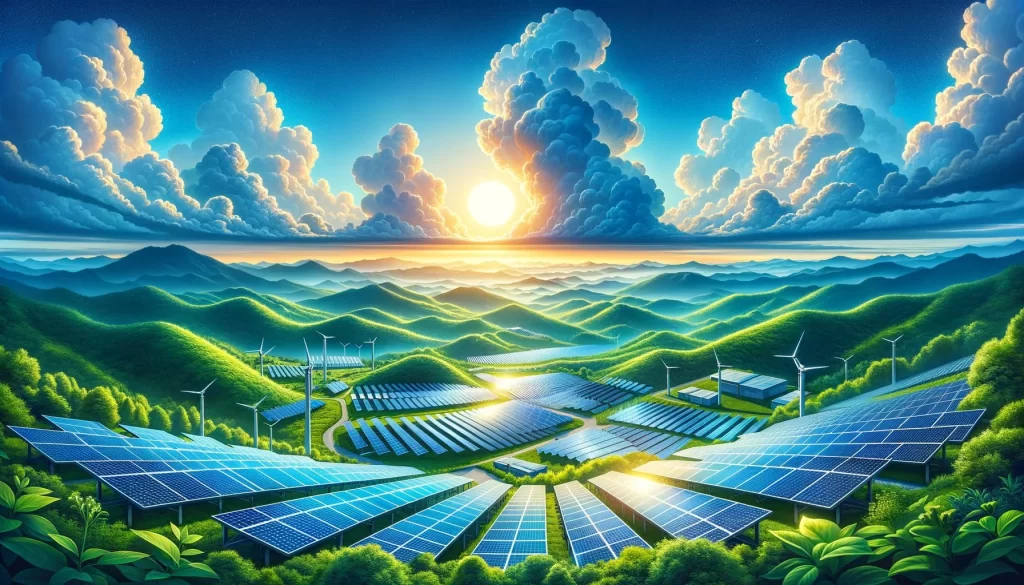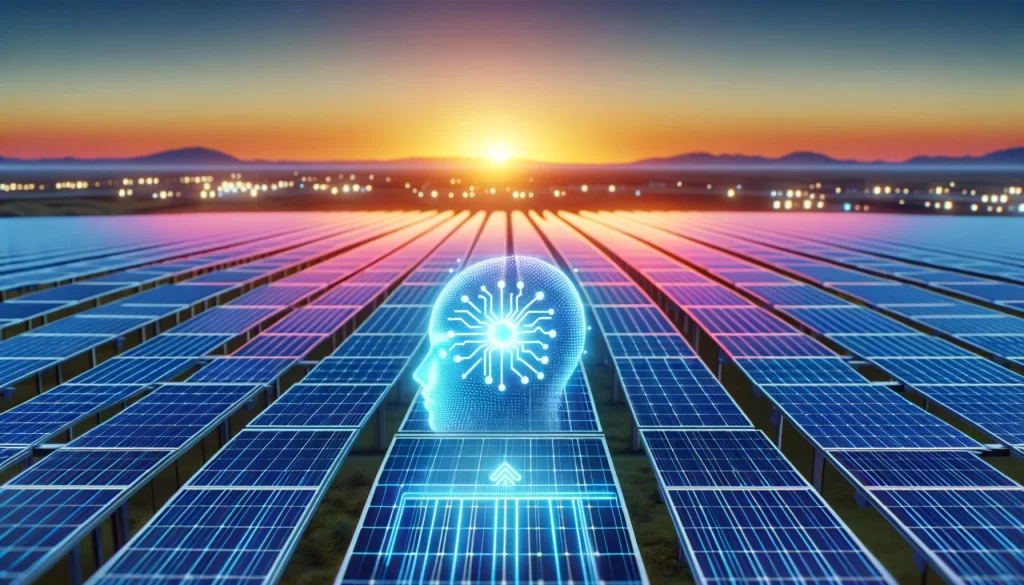Published by Contentify AI
- Introduction
- Advantages of Solar PV Panels
- Types of Solar PV Panels for Water Heating
- Installation and Maintenance
- Cost Analysis
- Case Studies
- Conclusion

Key Takeaways
- Solar PV panels can be used for water heating systems
- Using solar PV panels for water heating can save energy costs
- Solar PV panels are a sustainable and eco-friendly option for water heating
Introduction
Harnessing solar energy for water heating systems is rapidly becoming a go-to solution for eco-conscious homeowners and businesses alike. Solar PV panels for water heating systems offer a sustainable, efficient, and cost-effective method to generate hot water. By converting sunlight into electricity, these panels provide a renewable energy source that reduces dependence on traditional fossil fuels. The integration of solar PV panels into water heating systems not only supports environmental conservation efforts but also lowers utility bills and enhances energy independence.
Advantages of Solar PV Panels
One of the primary advantages of using solar PV panels for water heating systems is the significant reduction in energy costs. By harnessing the power of the sun, these systems can generate a substantial portion of the energy needed to heat water, lowering reliance on electricity or gas. This translates to noticeable savings on monthly utility bills, making it a financially smart investment in the long term.
Moreover, solar PV panels contribute to environmental sustainability. Traditional water heating methods often rely on fossil fuels, which release harmful greenhouse gases into the atmosphere. In contrast, solar energy is clean and renewable, drastically reducing the carbon footprint of a household or business. This makes solar PV panels an excellent choice for those looking to minimize their impact on the planet.
Another key benefit is the low maintenance requirement of solar PV systems. Once installed, these panels require minimal upkeep, with occasional cleaning and routine inspections to ensure optimal performance. Their durability and longevity mean that they can provide reliable service for decades, offering a hassle-free solution to water heating needs.
Additionally, installing solar PV panels for water heating systems increases property value. Homes and businesses equipped with renewable energy solutions are often more attractive to buyers and can command higher market prices. This added value can further offset the initial investment, making it an appealing option for property owners.
Finally, solar PV panels enhance energy independence. By generating a portion of the required energy on-site, users are less vulnerable to fluctuations in energy prices and supply disruptions. This reliability is particularly beneficial in remote or off-grid locations where access to traditional energy sources may be limited.
Types of Solar PV Panels for Water Heating
There are several types of solar PV panels that can be utilized for water heating systems, each with its unique advantages. Monocrystalline panels are among the most efficient options available. Made from a single continuous crystal structure, these panels offer high efficiency and longevity, making them ideal for areas with limited space but high energy needs.
Polycrystalline panels, on the other hand, are crafted from multiple silicon crystals and are generally more affordable. While they may offer slightly lower efficiency compared to monocrystalline panels, they still provide a reliable and cost-effective solution for water heating systems, particularly in regions with abundant sunlight.
Thin-film solar panels represent another viable option. These panels are made by depositing one or more layers of photovoltaic material onto a substrate. While they are typically less efficient than crystalline-based panels, they are lightweight, flexible, and can be applied to a variety of surfaces. This makes them a versatile choice for unique architectural designs and installations where traditional panels might not be practical.
Another emerging technology is bifacial solar panels, which can capture sunlight from both the front and back surfaces. This dual-sided capability allows for greater energy capture and efficiency, especially in environments where sunlight can reflect off surrounding surfaces, such as snow or water.
Lastly, there are hybrid solar panels that combine photovoltaic cells with thermal collectors. These panels can simultaneously generate electricity and capture heat, maximizing the use of available sunlight. This dual functionality makes them particularly effective for water heating systems, as they can directly contribute to both heating and power needs.
Selecting the right type of solar PV panel for a water heating system depends on various factors, including budget, available space, and specific energy requirements. Each type offers distinct benefits, making it crucial to evaluate the options carefully to ensure optimal performance and return on investment.
Installation and Maintenance
Proper installation and maintenance are crucial for maximizing the efficiency and lifespan of solar PV panels for water heating systems. When it comes to installation, the panels need to be strategically positioned to receive the maximum amount of sunlight throughout the day. This often involves placing them on rooftops or other elevated structures with minimal shading. Professional installers will assess the site to determine the optimal angle and orientation, ensuring that the system operates at peak performance.
During the installation process, it’s essential to ensure that all electrical connections are secure and weatherproof. Proper wiring and inverter placement are key components that contribute to the overall efficiency and safety of the system. Working with certified and experienced installers helps to avoid common pitfalls and ensures that the system complies with local regulations and building codes.
Maintenance of solar PV panels for water heating systems is relatively straightforward but should not be overlooked. Regular cleaning is necessary to remove dust, bird droppings, and other debris that can accumulate on the panels and reduce their efficiency. Depending on the local environment, cleaning may need to be done several times a year. Specialized cleaning solutions and tools are available to make this task easier and more effective.
Annual inspections by a qualified technician are also recommended. These inspections typically involve checking for any signs of wear or damage, such as cracks in the panels or loose mounting hardware. The technician will also examine the electrical components, including the inverter and battery storage (if applicable), to ensure they are functioning correctly.
Monitoring system performance is another vital aspect of maintenance. Many modern solar PV systems come with monitoring software that allows users to track energy production and detect any issues in real-time. This can be particularly useful for identifying and addressing problems before they escalate into more significant issues.
In summary, while the installation of solar PV panels for water heating systems requires careful planning and professional expertise, the maintenance is relatively minimal but essential for long-term efficiency and reliability. Regular cleaning, annual inspections, and performance monitoring are key practices that ensure the system continues to operate at its best, providing sustainable and cost-effective water heating for years to come.
Cost Analysis
When analyzing the costs associated with solar PV panels for water heating systems, it’s essential to consider both initial investment and long-term financial benefits. The upfront cost includes the price of the panels, installation fees, and any additional equipment such as inverters and mounting hardware. While the initial expenditure might seem significant, various incentives and tax credits can substantially offset these costs. Many governments and local authorities offer rebates and incentives to encourage the adoption of solar energy, making it a more financially viable option.
In terms of ongoing expenses, solar PV panels for water heating systems require minimal maintenance, leading to lower operating costs over time. Regular cleaning and occasional inspections are generally sufficient to keep the system in optimal working condition. This low-maintenance requirement translates to fewer out-of-pocket expenses, as there is no need for frequent repairs or replacements.
One of the most compelling financial advantages is the reduction in energy bills. By generating a portion or all of the energy required for water heating, households and businesses can significantly lower their utility expenses. Over the lifespan of the panels, which can easily exceed 25 years, the savings on energy costs can offset the initial investment multiple times over.
Additionally, the value of properties equipped with solar PV panels tends to increase. Homes and commercial buildings with sustainable energy solutions are more attractive to buyers, potentially commanding higher market prices. This appreciation in property value can further enhance the return on investment, making solar PV panels for water heating systems an economically sound choice.
Lastly, financing options are available to make the initial investment more manageable. Many companies offer payment plans, leasing options, or power purchase agreements (PPAs) that allow users to install solar PV systems with little to no upfront cost. These financial structures enable homeowners and businesses to start saving on energy bills immediately while paying off the investment over time.
In summary, while the initial cost of solar PV panels for water heating systems can be substantial, the long-term savings, low maintenance costs, increased property value, and available financing options make them a financially attractive option for sustainable energy.
Case Studies
In recent years, various studies have demonstrated the real-world effectiveness and benefits of solar PV panels for water heating systems. One notable case involves a residential complex in California, where the installation of solar PV panels not only reduced the electricity costs associated with water heating but also significantly lowered the building’s overall carbon footprint. Over a five-year period, the complex reported a 40% reduction in energy expenses related to water heating, showcasing the substantial financial savings achievable with this technology.
Another compelling case study comes from a commercial office building in Arizona. The building integrated solar PV panels specifically for its water heating needs, leading to a 35% decrease in utility bills within the first year. Additionally, the installation provided a quick return on investment, with the costs recouped in just under four years, thanks to state incentives and federal tax credits. The system’s low maintenance requirements further added to its cost-effectiveness.
In a more rural setting, a farm in Texas adopted solar PV panels for water heating systems to support its agricultural operations. The farm needed a reliable and sustainable solution to heat large amounts of water for livestock and irrigation purposes. The solar PV system not only met these needs but also allowed the farm to operate more independently from the grid, especially valuable during peak summer months when energy demand and costs are high. The farm reported a 60% reduction in energy costs for water heating, freeing up financial resources for other essential operations.
These case studies illustrate the diverse applications and significant advantages of solar PV panels for water heating systems across different settings. They highlight how this technology can offer substantial cost savings, quick returns on investment, and enhanced energy independence, making it a viable option for both residential and commercial purposes.
Conclusion
In conclusion, the integration of Solar PV Panels for Water Heating Systems presents a compelling solution for reducing energy costs and promoting environmental sustainability. As demonstrated through various case studies, these systems can significantly decrease utility bills, offering substantial financial savings over the long term. The initial investment, while substantial, is often offset by incentives, tax credits, and the increased property value that comes with adopting renewable energy technologies.
Moreover, the low maintenance requirements and long lifespan of Solar PV Panels for Water Heating Systems make them a hassle-free and reliable option. Regular cleaning and periodic inspections are typically sufficient to ensure optimal performance, allowing households and businesses to enjoy the benefits of sustainable energy with minimal upkeep.
The versatility of these systems also adds to their appeal. Whether in urban residential complexes, commercial office buildings, or rural agricultural settings, Solar PV Panels for Water Heating Systems have proven effective and valuable. They enhance energy independence, reduce reliance on fossil fuels, and contribute to a greener planet.
Overall, adopting Solar PV Panels for Water Heating Systems is a forward-thinking choice that aligns with both economic and environmental goals. By investing in this technology, users can achieve long-term savings, improve property value, and play a part in building a more sustainable future.

